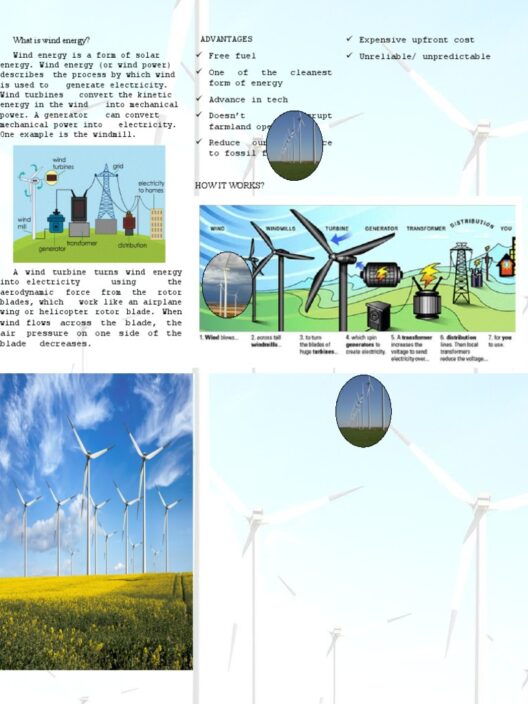As climate change continues to be an ominous specter looming over our planet, the question arises: What practical steps can individuals take to mitigate the impacts of global warming? The challenge may seem daunting, but every small action contributes to a larger movement toward sustainability. Let’s delve into some actionable strategies we can all embrace to lessen our carbon footprint and foster a healthier Earth.
Understanding our role in combatting climate change is paramount. Each decision we make can tip the scales for our environment, transforming our lives and those of future generations. So, how can we each play our part?
Below, we explore various avenues through which everyday actions can collectively lead to significant global change.
Redefining Energy Consumption
The way we consume energy has a profound effect on our carbon emissions. Transitioning to renewable energy sources is crucial. Whether it’s installing solar panels on your home or opting for energy-efficient appliances, practical steps can lead to substantial reductions in greenhouse gas emissions.
One of the easiest ways to shift towards sustainable energy is by utilizing energy-saving light bulbs. These products not only consume less electricity but also last significantly longer than traditional bulbs. Moreover, it’s essential to unplug devices when they are not in use, as many appliances consume energy even in standby mode. This practice, albeit small in nature, can save you money and reduce your home’s energy requirements.
Future endeavors should consider community initiatives. Community solar projects allow those without suitable rooftops to invest in solar energy, while local governments can incentivize wind or solar energy usage with tax breaks and grants. Perhaps the challenge lies in mobilizing your neighbors or participating in community discourse around renewable energy options.
Embracing Sustainable Transportation
Transportation is another significant contributor to global warming. Emissions from cars and trucks represent a substantial proportion of greenhouse gases. What are some alternatives to our reliance on fossil fuels for our daily commutes?
Public transportation is a viable option that not only reduces individual carbon footprints but also lessens traffic congestion. For those who live in urban environments, consider adopting bicycles or rollerblades to navigate shorter distances, which reduces emissions and promotes physical health.
Electric vehicles (EVs), while initially more costly upfront, are becoming increasingly accessible and offer long-term savings on fuel. As technology improves and charging infrastructure expands, the transition to EVs provides a promising solution. Carpooling, working remotely when possible, and combining errands are additional ways to minimize vehicle usage. Challenge yourself to rely less on personal vehicles and explore these alternatives!
Revolutionizing Consumption and Waste Habits
How often do we pause to consider the lifecycle of the products we consume? Consumerism plays a substantial role in climate change, with fast fashion and single-use items contributing heavily to landfill waste and carbon emissions. Thus, it’s vital to cultivate mindful consumption habits.
Opting for products with minimal packaging, choosing second-hand items, and supporting brands that prioritize sustainable practices can change our societal norms around consumption. Additionally, implementing a composting system at home can significantly reduce waste while enriching the soil.
Reducing meat consumption is another effective means of fighting climate change. Livestock agriculture is not merely a dietary choice—it has profound implications for land use and emissions. By substituting a few meat-based meals with plant-based alternatives each week, individuals can contribute to lower methane levels associated with meat production.
Furthermore, initiating community clean-up programs or local recycling workshops can inspire others to adopt sustainable waste practices. Consider starting a dialogue about reusable shopping bags, water bottles, and other sustainable solutions. The playful challenge? Can you reduce your waste footprint for a month and encourage a friend to join this effort?
Advocacy and Education
While individual actions are invaluable, collective advocacy at local, national, and global levels amplifies our efforts to combat climate change. Engaging in dialogues about environmental policy, attending town hall meetings, or participating in environmental groups can unite voices against climate inaction. Education is a powerful tool; spreading awareness about climate issues and sustainable practices can motivate others to make impactful changes.
Consider organizing workshops that focus on environmental stewardship or utilizing social media to highlight sustainable practices. Expanding one’s knowledge about climate-related science provides individuals with the confidence to advocate for informed legislative changes. The challenge here is to inspire at least one person to begin their own journey toward sustainability. How many individuals can you positively influence with your newfound knowledge?
In conclusion, addressing global warming is not an insurmountable task. It thrives on collective action, community involvement, and individual responsibility. By adopting energy-efficient technologies, embracing sustainable transportation, revolutionizing consumer habits, and engaging in advocacy, we can pave the way for a healthier planet. The challenge lies in mobilizing ourselves and others to contribute meaningfully to this cause. Will you step up and take action today?







